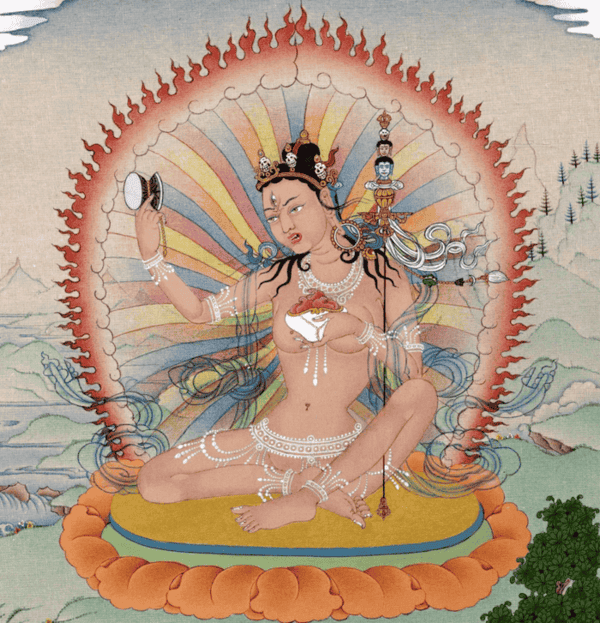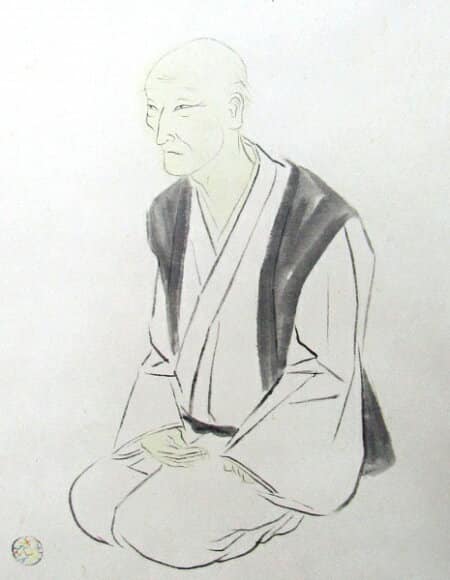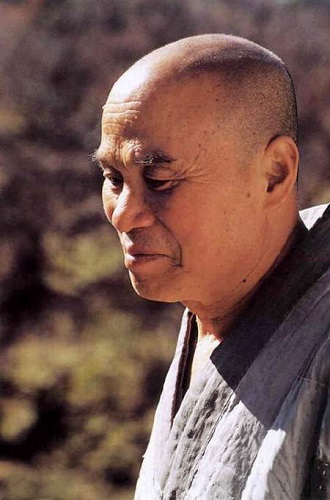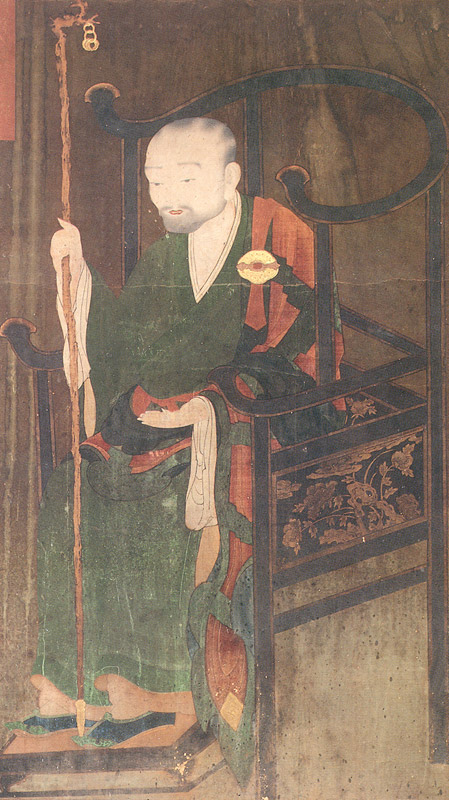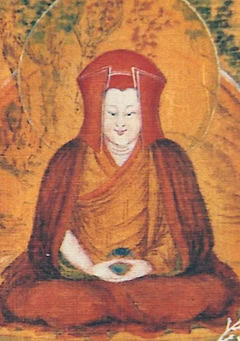Reflections on The Melody of Wisdom : A Supplication to the Wisdom Dakini Niguma
Vajra queen, mother of all buddhas,Dark-brown woman wearing bone ornaments who flies through space,You bestow supreme accomplishment on your fortunate disciples:Noble Niguma, to you I pray. You were born in the wonderful land of Kashmir,In a sublime cityKnown as Incomparable in the Land of Jambu,Emanated through Madhyantika’s blessing; to you I pray. In the family […]
Reflections on The Melody of Wisdom : A Supplication to the Wisdom Dakini Niguma Read Post »

